10 Oils You Can Use To Make Your Skin Look Younger
By: Kratika Sun, 16 Apr 2023 09:45:59
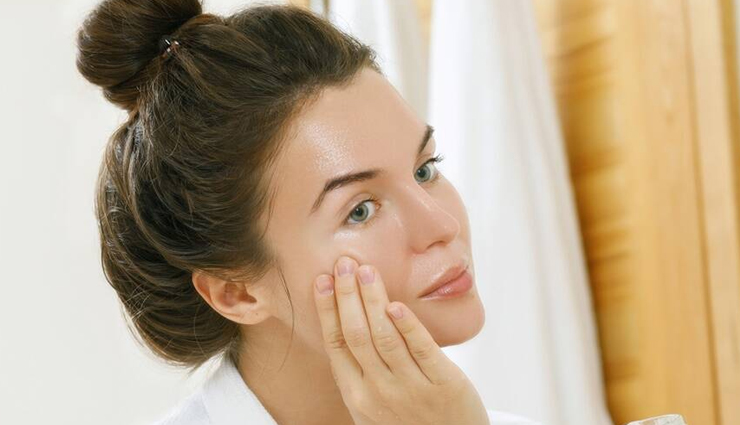
Maintaining youthful and radiant-looking skin is a goal that many people strive for. While there are many skincare products available on the market that claim to reverse the signs of aging, natural oils can also be an effective solution. Natural oils can nourish and hydrate the skin, reduce inflammation, and help prevent premature aging. These oils can be used as part of your daily skincare routine and can be particularly beneficial for those with dry or aging skin. In this article, we will discuss some of the best oils you can use to make your skin look younger, including essential oils, carrier oils, and other natural oils. We will also explore the benefits of these oils and how to use them to achieve a more youthful and radiant complexion. By incorporating these oils into your skincare routine, you can promote healthy, glowing, and younger-looking skin.
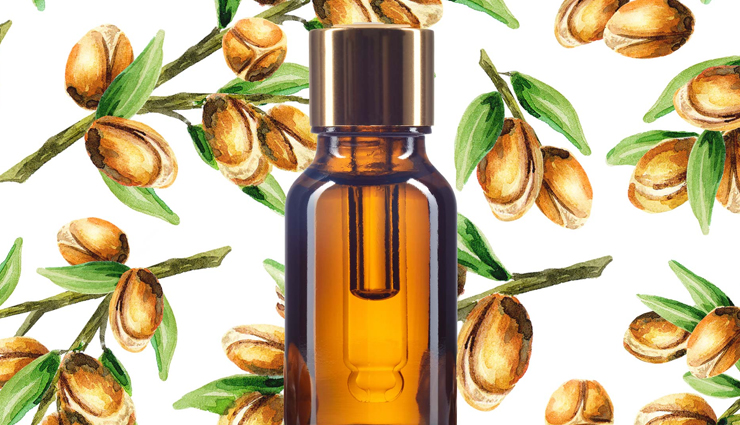
# Moroccan Argan Oil
Argan oil is rich in monounsaturated fatty acids. It also contains sterols, polyphenols, squalene, and tocopherols. Due to its monounsaturated fatty acids content, argan oil is easily absorbed deep into the skin. Argan oil helps your skin by improving skin elasticity, maintaining hydration, and strengthening the skin barrier. In addition, it helps keep your skin supple and soft.
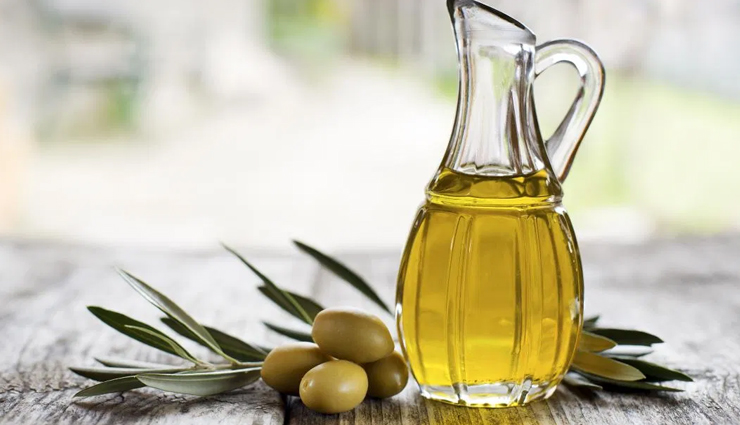
# Olive Oil
Olive oil has a high content of antioxidant, water-loving polyphenols. It contains squalene, monounsaturated fatty acids, carotenoids, and sterols. Olive oil is known to have wound-healing properties. It helps maintain skin structure and reduces free radicals that cause oxidative cellular and DNA damage.
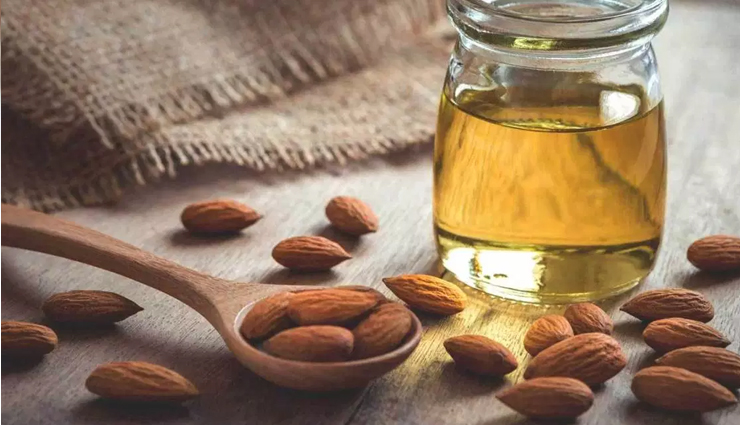
# Almond Oil
Almond oil is known for its vitamins A and E content. It is chiefly composed of unsaturated fatty acids and also contains sterols such as a-tocopherol.Almond oil acts as a skin emollient that helps improve skin tone and complexion. It can help manage and fade stretch marks as well. Almond oil also prevents photodamage, fades dark circles and wrinkles, and boosts blood circulation.
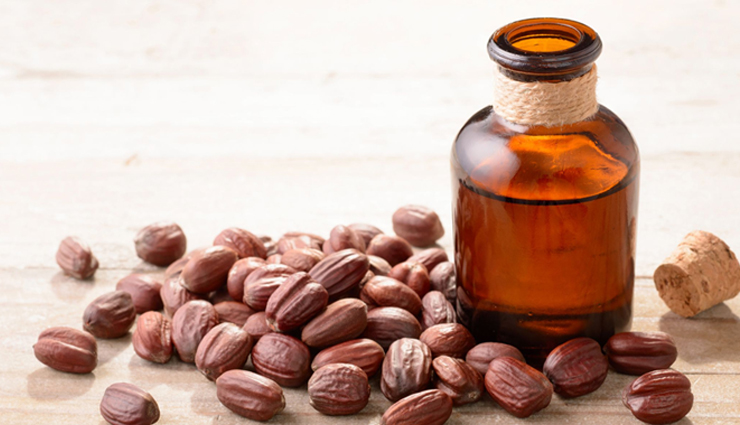
# Jojoba Oil
Jojoba oil contains a rich mixture of wax esters, palmitic acid, gadoleic acid, erucic acid, stearic acid, oleic acid, vitamin B, and vitamin E. You can use jojoba oil for its emollient properties that soften the skin. Jojoba oil is readily absorbed by the skin, nourishing and hydrating it from within. It also exhibits antioxidant effects that lower free radicals in the body.
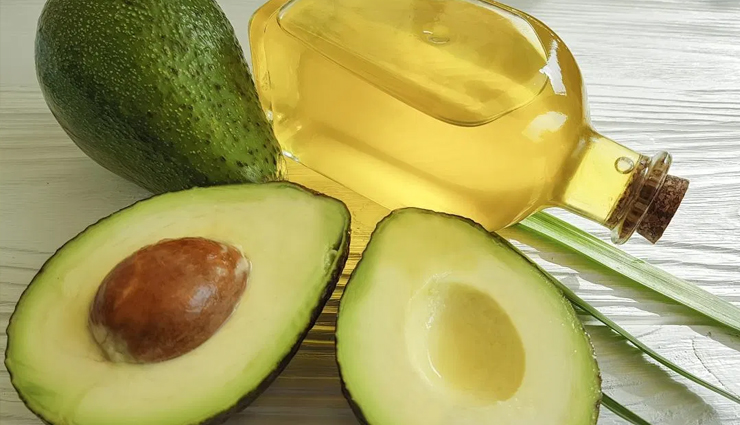
# Avocado Oil
Avocado oil is chiefly composed of unsaturated fatty acids such as oleic acid, linoleic acid, and linolenic acid. It is also rich in ß-sitosterol, lecithin, ß-carotene, and vitamins A, C, D, and E.Avocado oil contains hydroxyproline, which aids in the healing of wounds and scars. The hydrating and nourishing properties of avocado oil can relieve damaged, dry, or chapped skin.
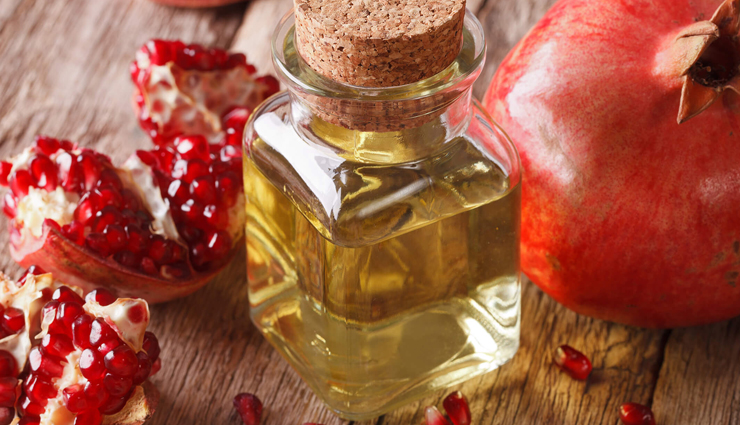
# Pomegranate Seed Oil
Pomegranate seed oil has a high content of essential fatty acids such as oleic acid. It is also rich in phenols and plant sterols. Pomegranate seed oil is a potent anti-inflammatory and antioxidant agent. Its high fatty acid composition helps it penetrate the skin easily. Pomegranate seed oil can help fade stretch marks, prevent photoaging, lower the risk of tumor cell proliferation, and also boost collagen production.
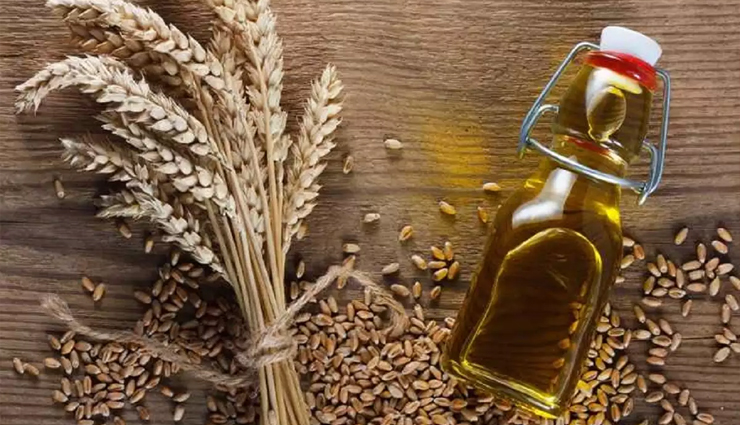
# Wheat Germ Oil
Wheat germ oil is a good source of vitamins A, D, and E. It also contains tocopherols, alkanols, glycolipids, triterpenoids, sterols, and other volatile components. Wheat germ oil acts as an antioxidant agent that lowers the effect of free radicals produced by UV exposure and stress. It also improves skin regeneration and the functioning of muscles and lymph.These properties of wheat germ oil make it a potential treatment for skin dryness, skin aging, scar tissue, and stretch marks. Regular use of wheat germ oil can also smoothen your skin.
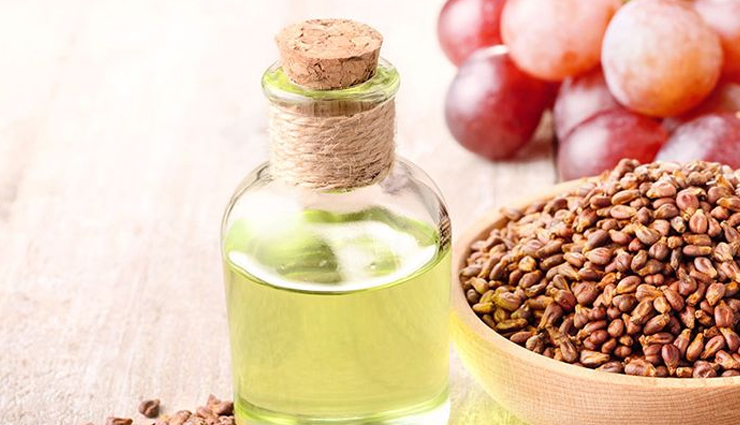
# Grape Seed Oil
Grape seed oil has a high content of phenolics such as proanthocyanidins. It also contains phytosterols, free fatty acids, and a wide range of vitamins. Grape seed oil can boost skin healing, vascularization, and the formation of skin tissue under the skin. These effects help increase blood supply to the skin and maintain skin elasticity.
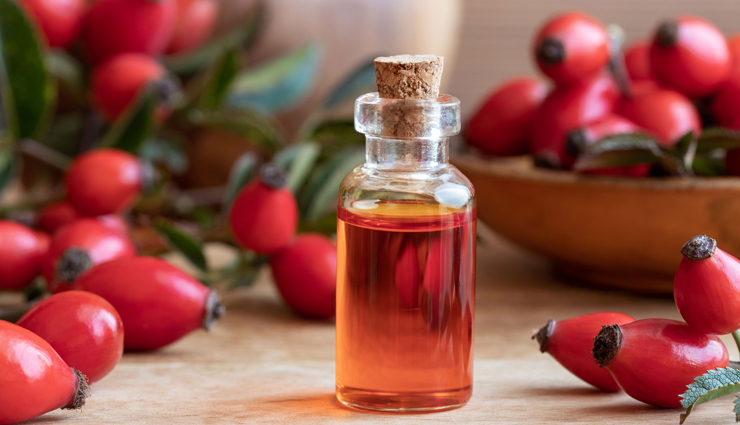
# Rosehip Oil
Rosehip oil is sourced from the seeds of Rosa canina, a plant native to South Africa and Europe. Rosehip oil contains a mix of oleic acid, linoleic acid, linolenic acid, vanillin, vanillic acid, and stearic acid. It has a high amount of carotenoids and tocopherols.
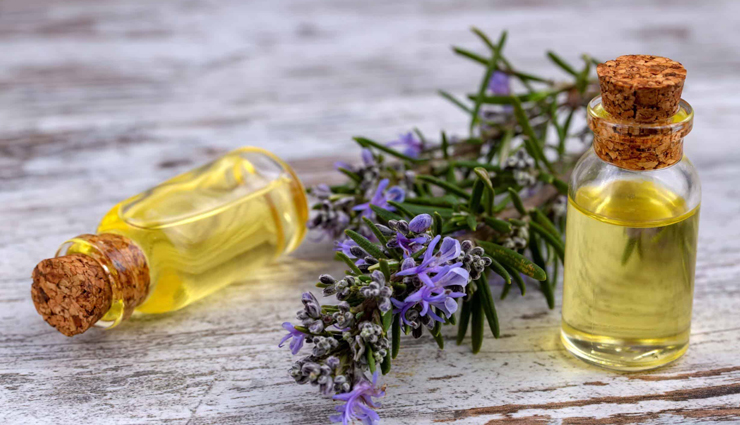
# Rosemary Essential Oil
Rosemary essential oil has a high content of diterpenes such as ursolic acid, carnosol, caffeic acid, and rosmarinic acid. It also contains beneficial monoterpenes such as a-pinene and camphor. Rosemary oil is a potent antioxidant and hepatoprotective agent. It also boosts blood circulation, reduces muscle pain, lowers tissue inflammation, and prevents photodamage.





